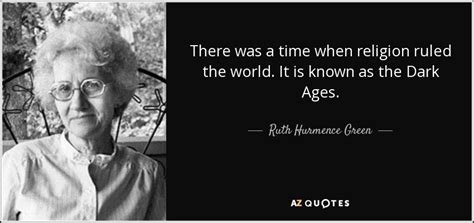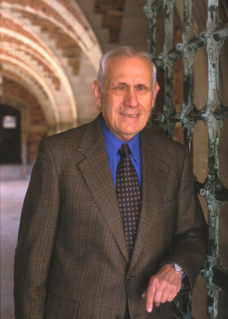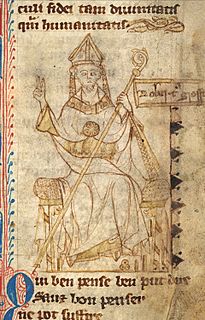A Quote by Edward Gibbon
The division of the Roman world between the sons of Theodosius marks the final establishment of the empire of the East, which, from the reign of Arcadius to the taking of Constantinople by the Turks, subsisted one thousand and fifty-eight years in a state of premature and perpetual decay.
Related Quotes
The Doxology ... that testimonial to the Platonic Trinity, which divided the Roman Empire into at least eighteen quarreling sects, none of whom knew what they were fighting about, and which schisms contributed to the decline and fall of this greatest of states. Rome had thrived for one thousand years with pagan gods at the helm and expired after only one hundred and fifty years under the Christian banner.
Seldom can two such epoch-making events have occurred in successive years as happened then. In 1453 the Turks stormed Constantinople and finally destroyed the Greek Empire, driving out Greek scholars, who carried the knowledge of Greek language and literature to the western world; and in 1454 the first document known to us appeared from the printing press at Mainz.
The decline of Rome was the natural and inevitable effect of immoderate greatness. Prosperity ripened the principle of decay; the cause of the destruction multiplied with the extent of conquest; and, as soon as time or accident and removed the artificial supports, the stupendous fabric yielded to the pressure of its own weight. The story of the ruin is simple and obvious: and instead of inquiring why the Roman Empire was destroyed we should rather be surprised that it has subsisted for so long.
The daily disappearance and the subsequent rise of the sun appeared to many of the ancients as a true resurrection; thus, while the east came to be regarded as the source of light and warmth, happiness and glory, the west was associated with darkness and chill, decay and death. This led to the custom of burying the dead so as to face the east when they rose again, and of building temples and shrines with an opening toward the east. To effect this, Vitruvius, two thousand years ago, gave precise rules, which are still followed by Christian architects.





































